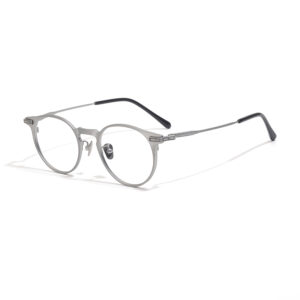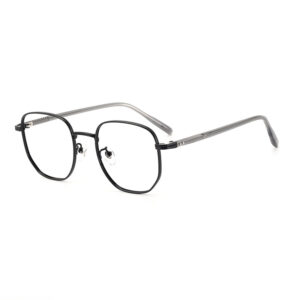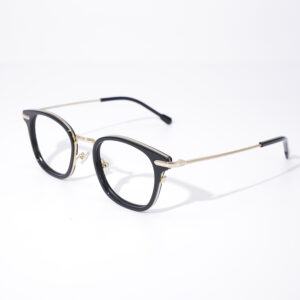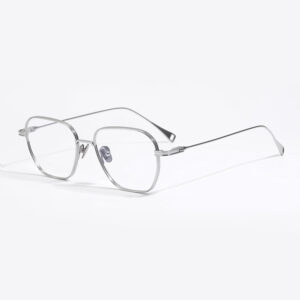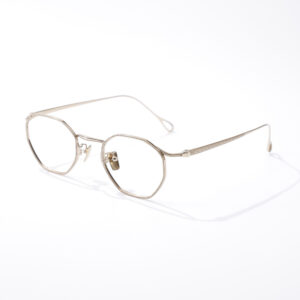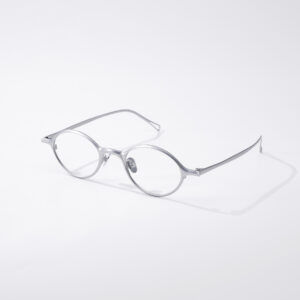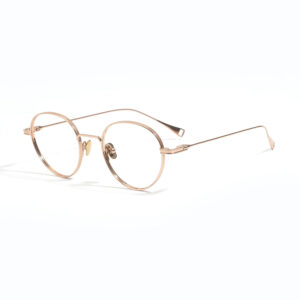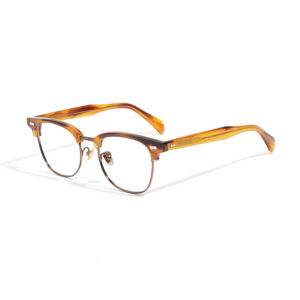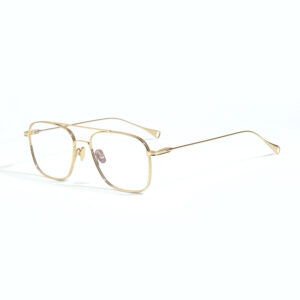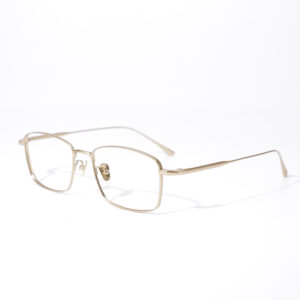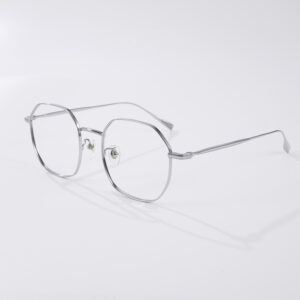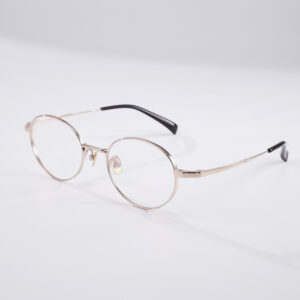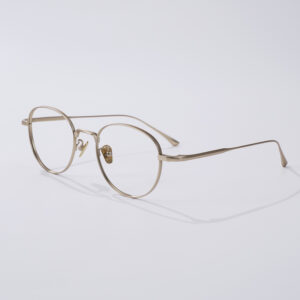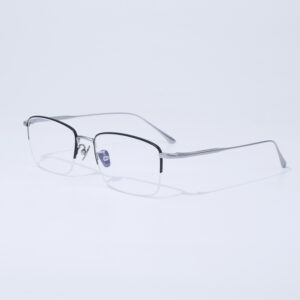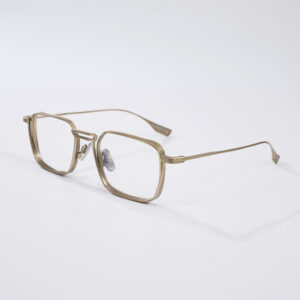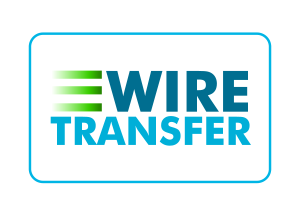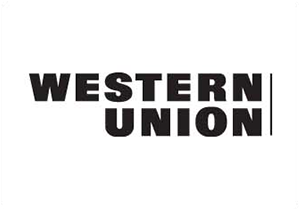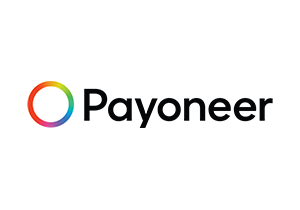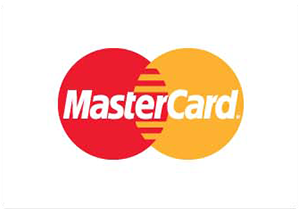Introduction
You might think that eyeglass cloths are a small, insignificant accessory when it comes to selling eyewear. But for brands, wholesalers, and retailers, custom eyeglass cleaning cloths can be a powerful tool to promote your business, enhance customer experience, and differentiate your products in the marketplace. Eyeglass cloths aren’t just functional—they are daily-use items that customers interact with frequently. By making them custom, you create an opportunity to keep your brand top-of-mind with your customers while offering practical value.
In this blog, we’ll dive into the benefits of custom eyeglass cloths, the materials you can choose, how to design and print them, and the role data plays in making the best decisions for your business. We’ll also explore some real-world case studies showing how brands used custom cloths effectively to increase customer loyalty and brand visibility. Let’s get started!
Why Should You Opt for Custom Eyeglass Cloths?
Branding Power
Branding is everything in the modern marketplace, and custom eyeglass cloths offer a subtle yet powerful way to keep your brand in front of your customers every day. Imagine this: a customer buys a pair of glasses, and with it, you include a cleaning cloth featuring your brand’s logo and color scheme. That customer will likely use that cloth several times a day, meaning they’ll be reminded of your brand every time they wipe their lenses. It’s a high-impact, low-cost branding tool that works.
In fact, studies show that customers are 83% more likely to recall a brand if they frequently use a branded product. Custom eyeglass cloths fit into this category perfectly. Unlike other types of promotional items that might get lost or discarded, eyeglass cloths are practical and often become part of the customer’s daily routine.
Stand Out in a Competitive Market
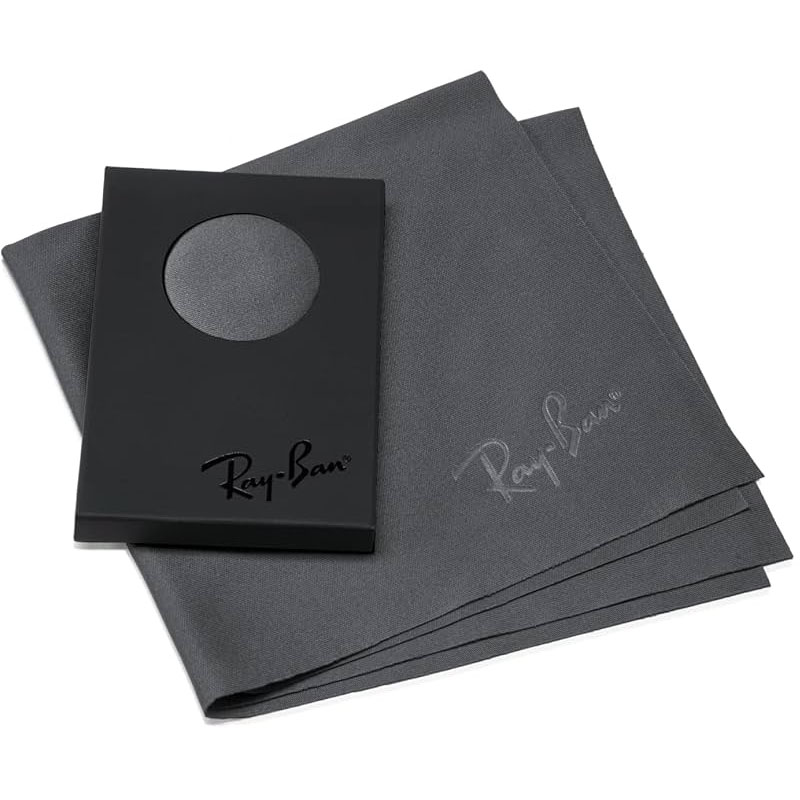
The eyewear industry is highly competitive, whether you’re in the retail space or involved in wholesale distribution. Offering custom-designed eyeglass cloths can help your brand stand out. By choosing specific materials, designs, and packaging, you can tailor your eyeglass cloth to fit your unique brand identity. This can position your product as higher quality or more personalized than competitors who offer generic cleaning cloths.
For example, brands like Ray-Ban and Warby Parker include custom-branded cloths with every pair of glasses sold, contributing to their luxury image and perceived value. By doing this, they not only offer a cleaning solution but also an extension of their brand experience. It’s the little details, like custom accessories, that can make a huge difference in how customers perceive the overall quality of your product.
Marketing and Promotional Gifts
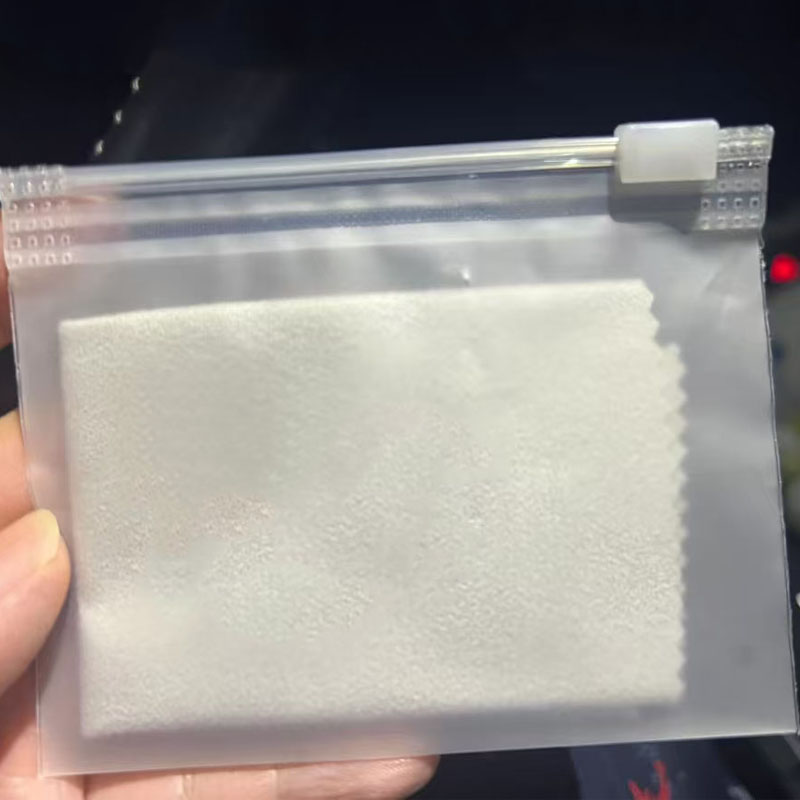
Custom eyeglass cloths can also serve as promotional gifts during trade shows, in-store events, or product launches. They’re practical, easy to carry, and offer a higher retention rate compared to traditional flyers or business cards. According to a report from the Promotional Products Association International (PPAI), 89% of consumers can recall the company name on a promotional item they received within the last two years. This retention rate is significantly higher than other forms of advertising.
By giving away custom eyeglass cloths at events, you’re providing potential customers with something they’ll actually use, ensuring longer-lasting brand exposure.
Types of Materials for Custom Eyeglass Cloths
Microfiber Cloth: The Most Popular Option
When it comes to choosing the right material for your custom eyeglass cloths, microfiber is hands-down the most popular and widely used. Microfiber is a synthetic material made from ultra-thin fibers, typically polyester or polyamide, and is known for its excellent cleaning properties. Its ability to trap dust, oils, and dirt without scratching delicate surfaces makes it ideal for eyeglasses.
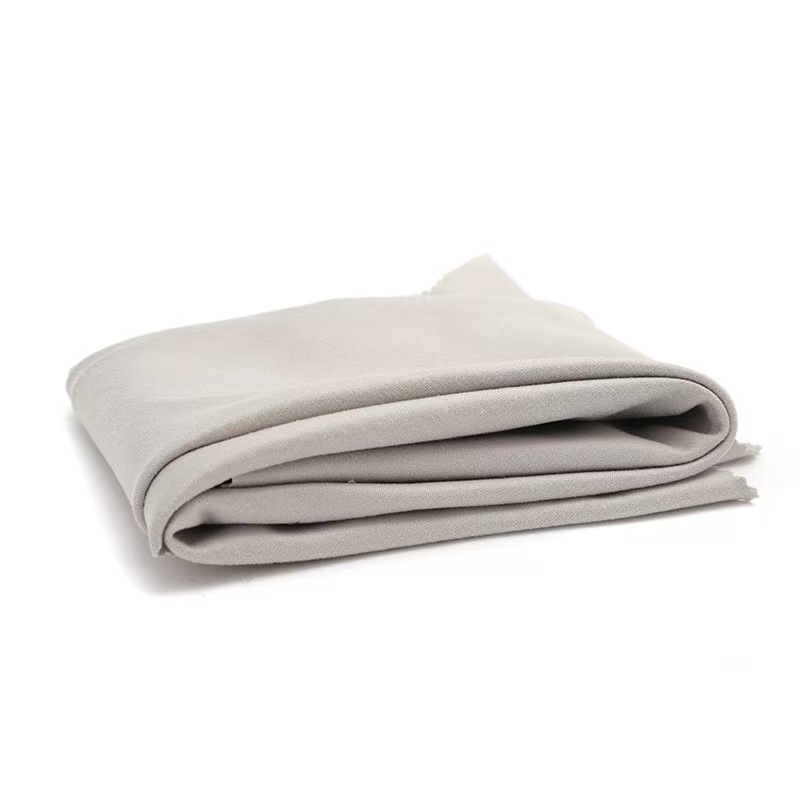
Benefits:
- Superior Cleaning Ability: Microfiber is fantastic at picking up tiny particles and oils from lenses.
- Safe for All Lenses: It works well with all types of eyeglass lenses, including those with anti-glare or blue-light coatings.
- Durable: Microfiber cloths are long-lasting and reusable, making them a sustainable choice.
Real-World Example: Warby Parker
Warby Parker, a trendy eyewear brand, uses custom microfiber cloths as part of their overall customer experience. These cloths are not just branded with their logo but also match the aesthetic of their packaging, reinforcing the brand’s minimalist, high-quality image. This attention to detail helps Warby Parker maintain a consistent brand experience, even down to the small accessories that come with each pair of glasses.
Chamois Cloth: Luxury Material
If you’re catering to a more high-end, luxury market, chamois cloths are another option to consider. Chamois is made from natural leather or synthetic equivalents and offers a soft, plush feel that’s great for cleaning high-quality eyewear without scratching.
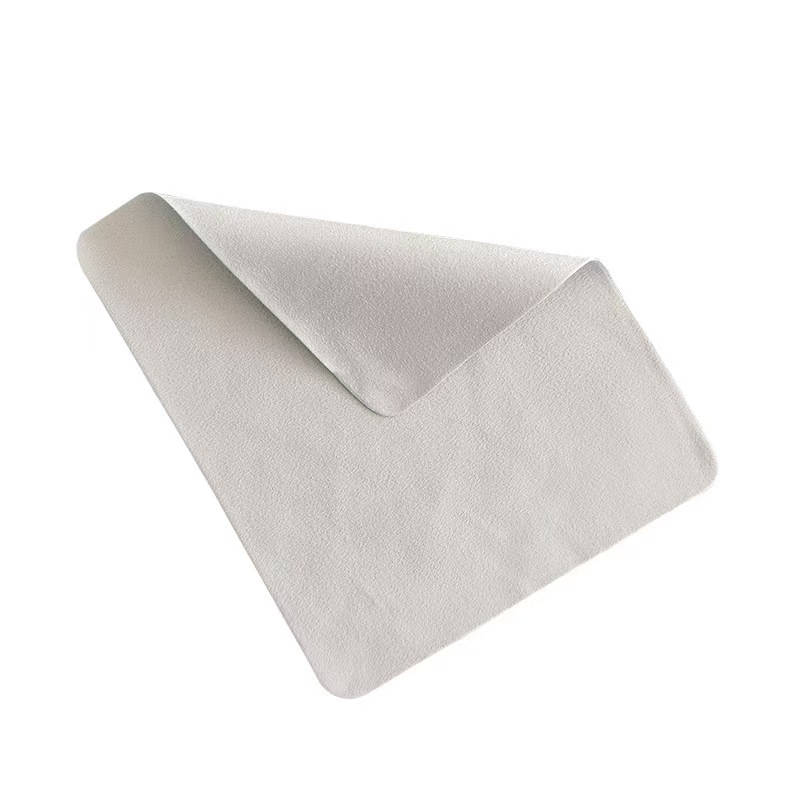
Benefits:
- Luxurious Feel: Chamois is softer than microfiber and gives a premium touch to your product.
- Ideal for High-End Glasses: The material feels more substantial and luxurious, aligning well with high-end brands.
Case Study: Oliver Peoples
Luxury eyewear brand Oliver Peoples includes chamois eyeglass cloths in their packaging. These custom cloths not only reflect the brand’s commitment to luxury but also enhance the unboxing experience for customers. By offering a premium accessory, they reinforce their high-end image, making customers feel they’ve purchased something truly exclusive.
Bamboo Fiber Cloth: Eco-Friendly Option
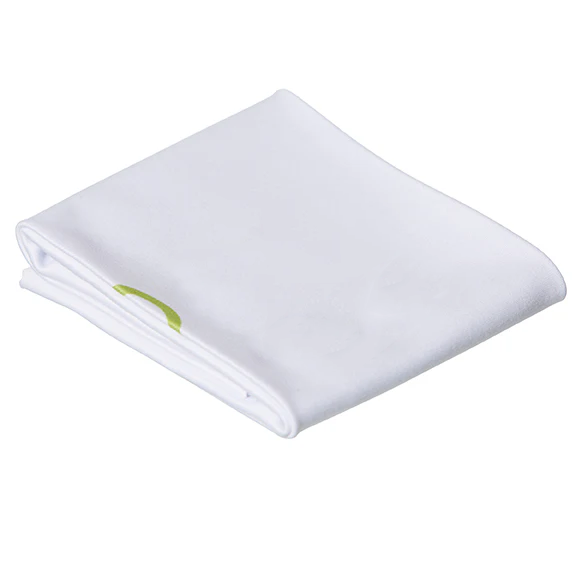
With more and more brands focusing on sustainability, bamboo fiber cloths are becoming increasingly popular. Bamboo is a renewable resource that grows quickly, and the fibers are naturally antibacterial, making it a great material for eco-friendly eyeglass cloths.
Benefits:
- Eco-Friendly: Bamboo fiber is biodegradable and renewable, making it an ideal choice for sustainable brands.
- Naturally Antibacterial: These cloths are resistant to bacteria, which adds an extra layer of cleanliness for the user.
Real-World Data: Consumer Preferences
A 2020 Nielsen report shows that 73% of global consumers say they would definitely or probably change their consumption habits to reduce their impact on the environment. Offering eco-friendly custom eyeglass cloths made from bamboo can directly appeal to this growing market, especially for younger consumers who are more eco-conscious.
Silk Cloth: Elegant and Soft
For the most luxurious and delicate eyewear, silk cloths provide an ultra-soft, non-abrasive cleaning option. Although silk isn’t as effective at removing oils and grime compared to microfiber, it’s ideal for dusting off high-end frames or lightly cleaning delicate lenses.
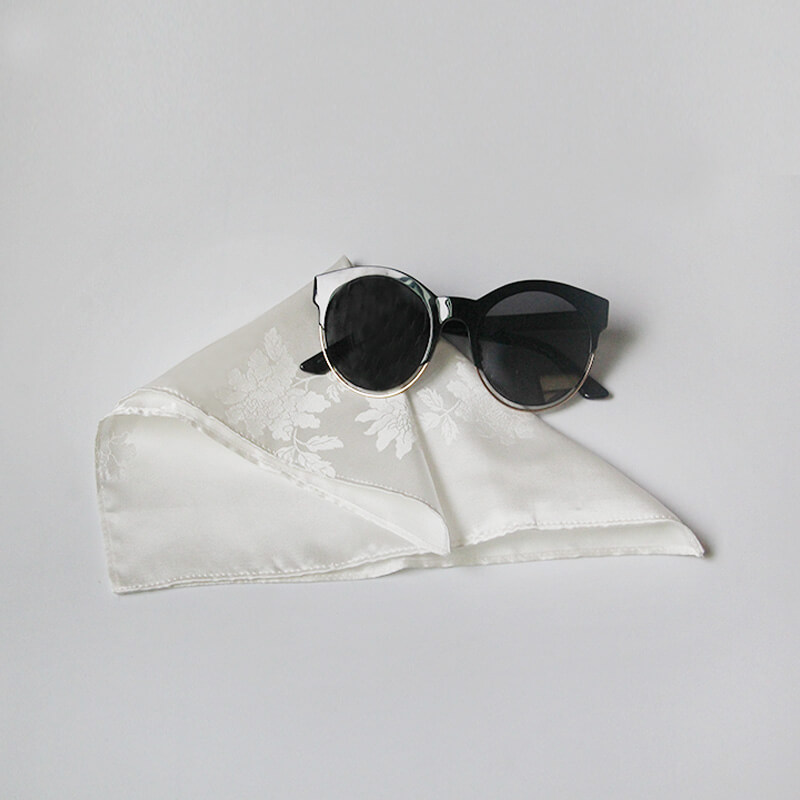
Benefits:
- Elegant and Non-Abrasive: Silk is incredibly soft, making it a premium choice for high-end glasses or sunglasses.
- Luxury Appeal: Adding silk cloth to your packaging can increase the perceived value of your eyewear.
Best for:
Silk cloths are a great fit for luxury brands that want to add an extra touch of elegance to their packaging and customer experience.
Custom Design and Printing Options
Now that we’ve covered the different materials, let’s move on to design and printing options for your custom eyeglass cloths. Customization doesn’t stop at material choice—you can further personalize your cloths with unique designs, colors, and branding.
Design Choices
When customizing eyeglass cloths, the design options are nearly limitless. Whether you’re looking to match your brand colors, incorporate a logo, or even add a unique pattern, here’s what you need to consider:
- Colors: Most custom eyeglass cloth manufacturers offer a wide variety of colors to match your brand’s look. Vibrant, eye-catching colors can make your cloth stand out, while more subdued tones can give it a sleek, modern appearance.
- Shape and Size: While square cloths are standard, you can opt for custom shapes like rectangular or even circular cloths to add a creative edge.
- Logo Placement: Deciding where your logo goes on the cloth is critical. It can be printed in the corner for a subtle touch or as a full cloth design for maximum visibility.
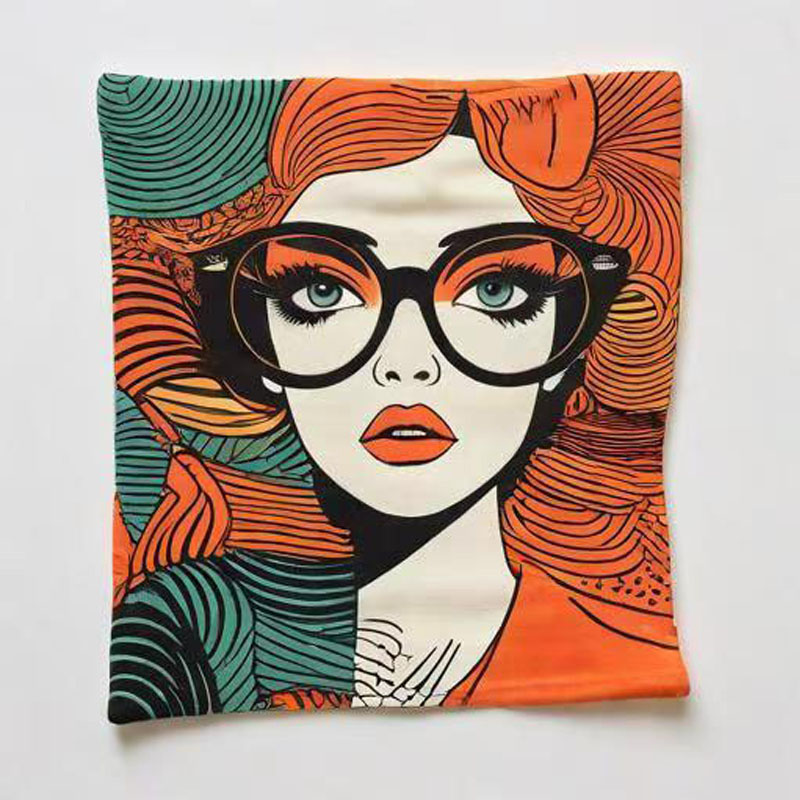
Printing Techniques
Different printing techniques offer various benefits in terms of quality and cost. Here are some common methods:
- Digital Printing: Best for complex designs and multi-color logos. It’s cost-effective and offers flexibility in design, though it may not last as long as screen printing.
- Silk Screen Printing: Ideal for bold logos with one or two colors. This method creates durable prints that won’t easily fade, but it’s more costly for intricate designs.
- Embossing: For a more premium feel, embossing your logo into the cloth adds texture and dimension, making it stand out in a subtle, elegant way.
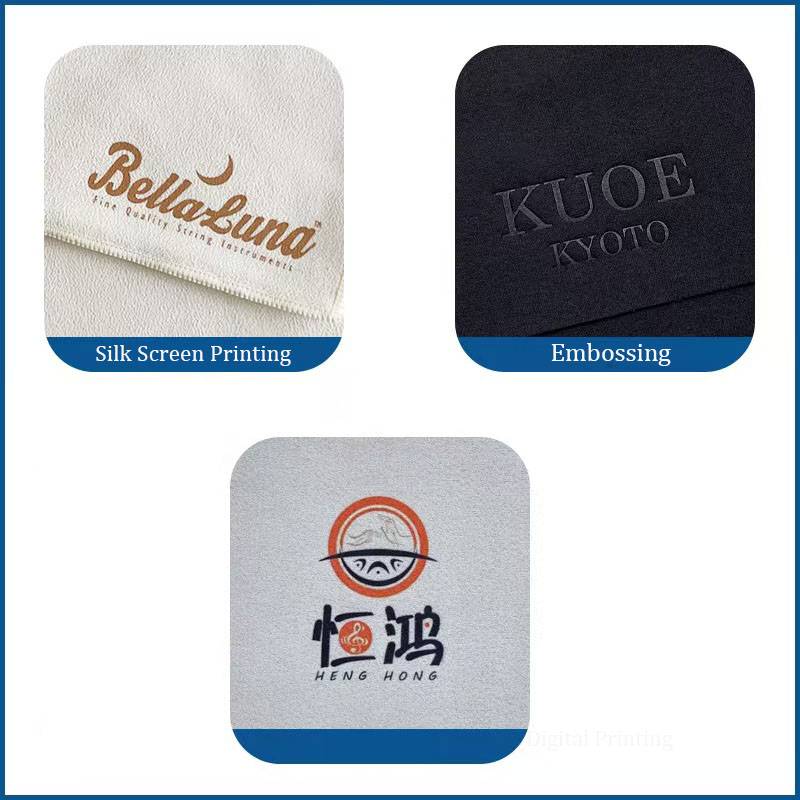
Custom Packaging
Don’t overlook the importance of custom packaging. Offering your eyeglass cloth in a branded box or pouch can enhance the unboxing experience and further elevate your brand. You can also use sustainable packaging options like recycled paper or biodegradable plastic to align with eco-friendly branding.
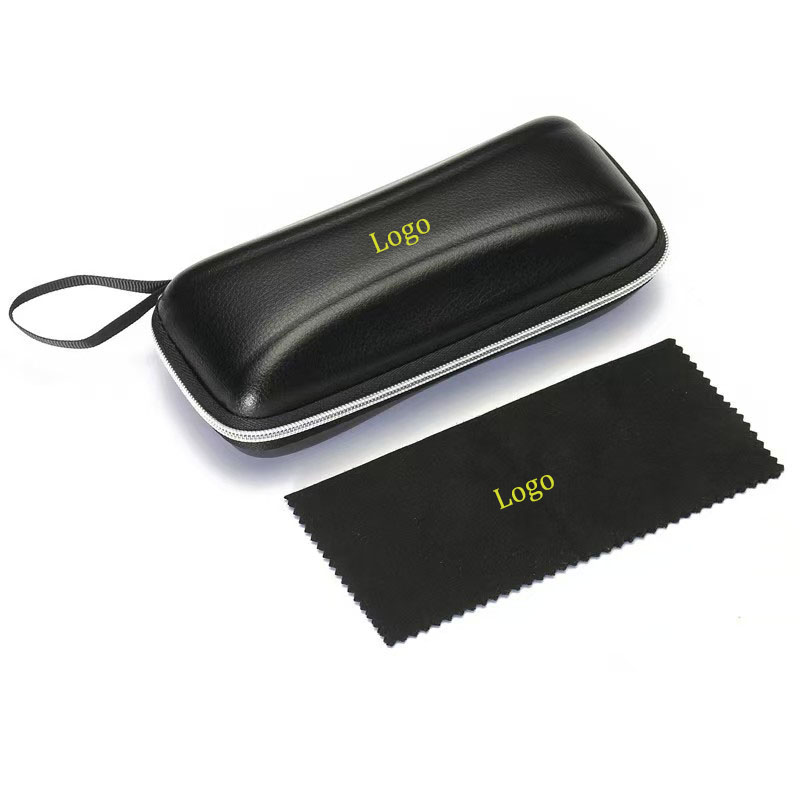
Data-Driven Benefits of Custom Eyeglass Cloths
Increased Customer Loyalty
Including custom eyeglass cloths with every purchase can lead to increased customer loyalty. A study by Bain & Company showed that repeat customers spend 67% more than new ones. By offering branded, high-quality accessories like eyeglass cloths, you add extra value to your products, encouraging repeat business.
Higher Perceived Value
Adding a custom eyeglass cloth can also increase the perceived value of your product. According to research from the Journal of Marketing, products that come with thoughtful packaging or additional accessories are seen as more valuable, even if the actual production cost is minimal. This means that something as simple as a custom cleaning cloth can make your glasses seem higher-end and justify a higher price point.
Brand Recall
Data from the Promotional Products Association International (PPAI) indicates that 89% of consumers can recall the company from which they received a promotional product within two years. Custom eyeglass cloths, when given as gifts or included in packaging, can significantly boost brand recall, making your company the first one customers think of when they need new eyewear.
How to Choose the Right Custom Eyeglass Cloth Supplier
Choosing the right supplier for your custom eyeglass cloths is critical to ensuring product quality and timely delivery. Here are some factors to consider:
Quality Assurance
Your supplier should guarantee high-quality materials and durable printing techniques. Request samples before placing a large order to ensure that the cloth meets your standards.
Flexibility in Customization
Does the supplier offer a range of materials, designs, and printing options? Flexibility in customization ensures that you can tailor the product to fit your specific needs.
Reliable Delivery and Lead Times
Timely delivery is crucial, especially if you’re distributing large quantities for a promotional event or product launch. Make sure your supplier can meet your deadlines without sacrificing quality.
Future Trends in Custom Eyeglass Cloths
As consumer demands shift, here are some future trends you can expect in the custom eyeglass cloth market:
Sustainable Materials
With sustainability becoming a priority for many consumers, the demand for eco-friendly materials like bamboo fiber, recycled polyester, and biodegradable packaging will continue to rise. Brands that align with these values will stand out in a crowded marketplace.
Smart Customization
Expect to see innovations in smart textiles. The future might bring eyeglass cloths embedded with microfiber technologies that change color when dirt or oil is present, or even cloths that are enhanced with antibacterial or antiviral properties.
Luxury and Personalization
As consumers seek more unique and personalized experiences, luxury brands will continue to push for high-end custom cloths featuring bespoke designs and premium materials like silk and suede.
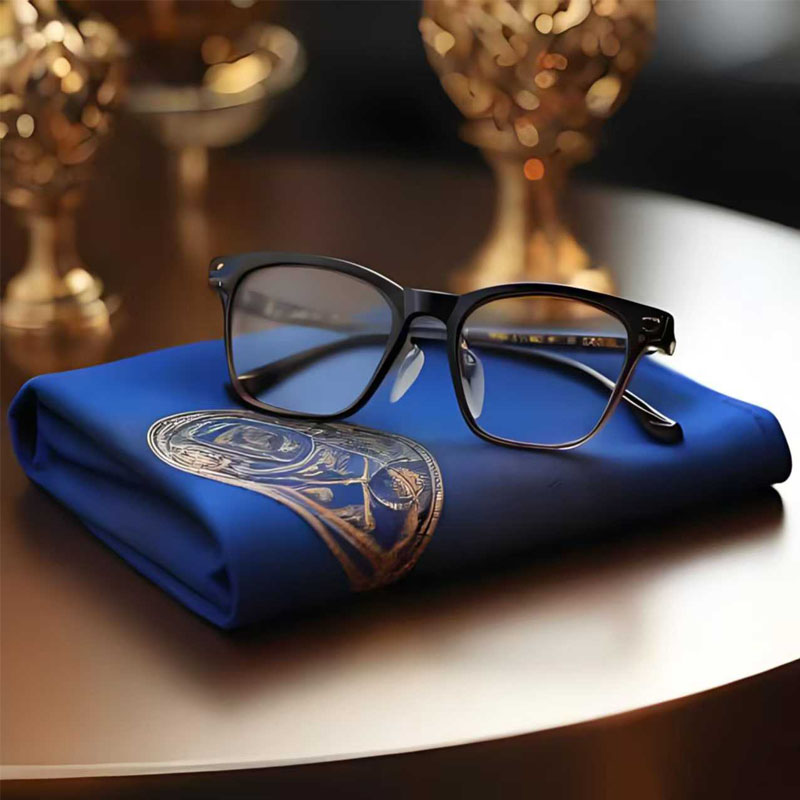
Conclusion
Custom eyeglass cloths offer a versatile, cost-effective way to promote your brand, enhance customer loyalty, and add perceived value to your products. Whether you’re focused on branding, customer retention, or sustainability, the right material and design choices can turn these everyday items into powerful marketing tools. By leveraging data-driven insights, like the increasing demand for eco-friendly options and the proven impact of promotional products, you can make informed decisions that benefit both your brand and your customers.
Get a Quote for Eyewear Accessories
Looking for the perfect accessories for your eyewear collection?
Receive a personalized quote along with expert recommendations!


